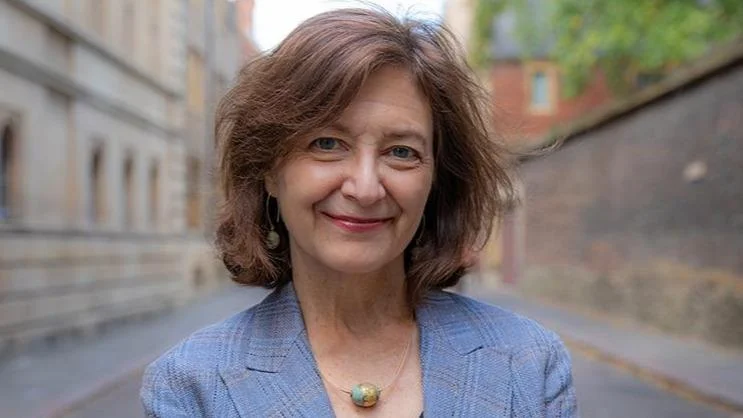Researchers from the University of Cambridge and Durham University have started a public survey to study how people experience vivid memories. The project seeks to understand how these memories differ between individuals, change with age, and evolve over time.
The survey invites participants from all backgrounds and age groups to describe two of their most vivid memories. The researchers aim to collect thousands of responses to build an anonymised database that represents the wider population. The data will help scientists develop new methods for improving memory recall and gain insight into how memory functions throughout life.
Dr Kasia Mojescik from the Department of Psychology at the University of Cambridge explained the interdisciplinary approach: “For the first time, cognitive neuroscientists are working directly with humanities scholars to design experiments that try to understand vivid memories from an entirely new perspective.”
Professor Charles Fernyhough from Durham University highlighted the inclusion of historical and literary viewpoints: “By exploring historical and literary perspectives on memory, we’re including many aspects of the experience of remembering - such as strong emotions, and the feeling of being present in the moment - that have been neglected in purely scientific studies.”
The research team will use machine learning techniques to identify patterns in how people recall their most detailed memories. They hope this will reveal why some memories remain clear over time, even as overall memory may decline with age.
Dr Martha McGill from the Faculty of English at Cambridge will analyze British autobiographical writings from the sixteenth to eighteenth centuries to see how experiences of memory have changed historically.
Professor Jon Simons, who leads the project at Cambridge, shared his own example: “Many people have at least one really vivid memory. For me it’s the birth of my first child. It’s not something that I just know happened – it’s an event I can go back and relive in incredible detail, like mental time travel.”
The study could also guide future treatments for memory problems by informing pharmaceutical and therapeutic approaches.
The research is supported by UK Research and Innovation (UKRI) through its Cross Research Council Responsive Mode scheme (CRCRM).

